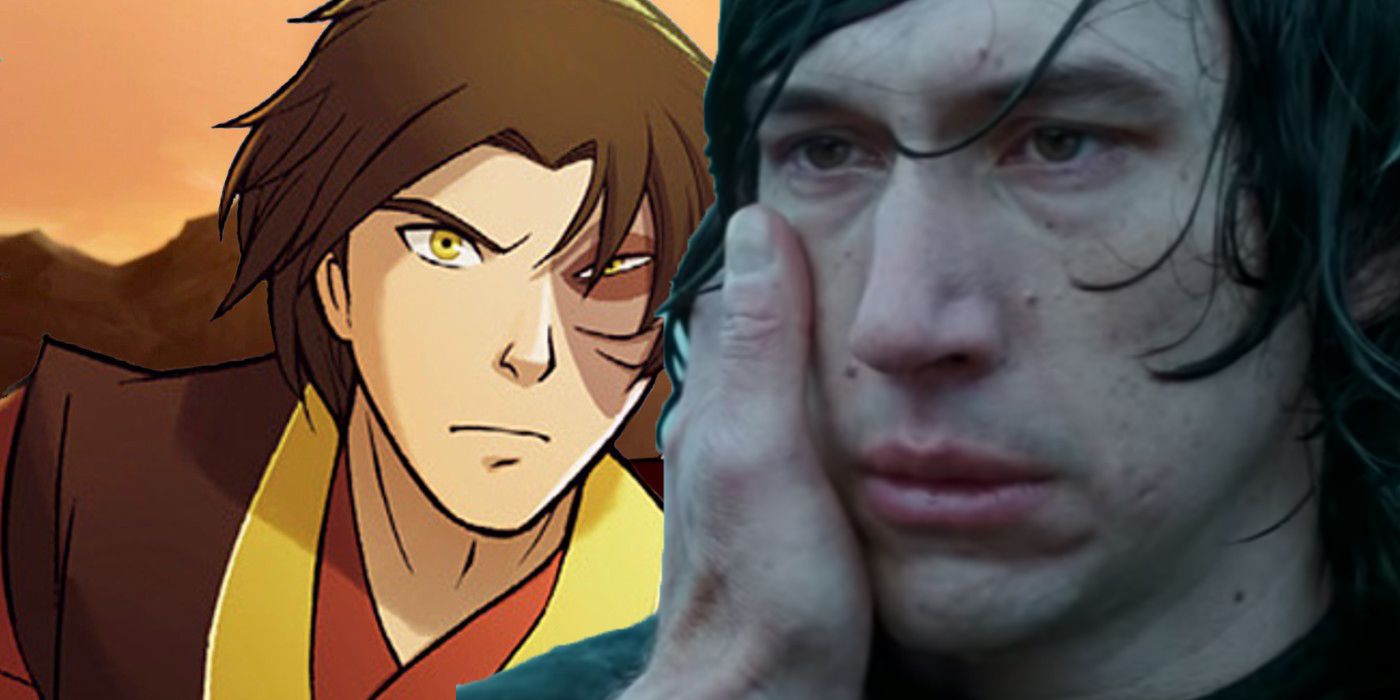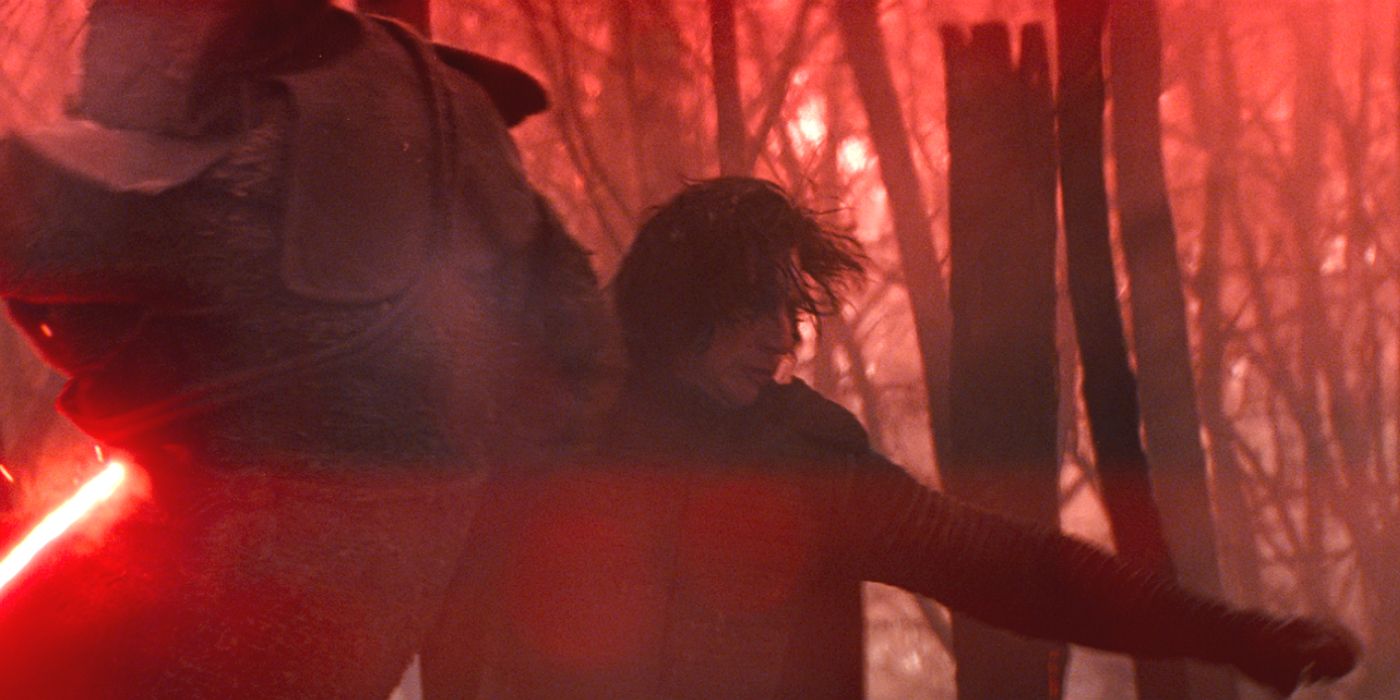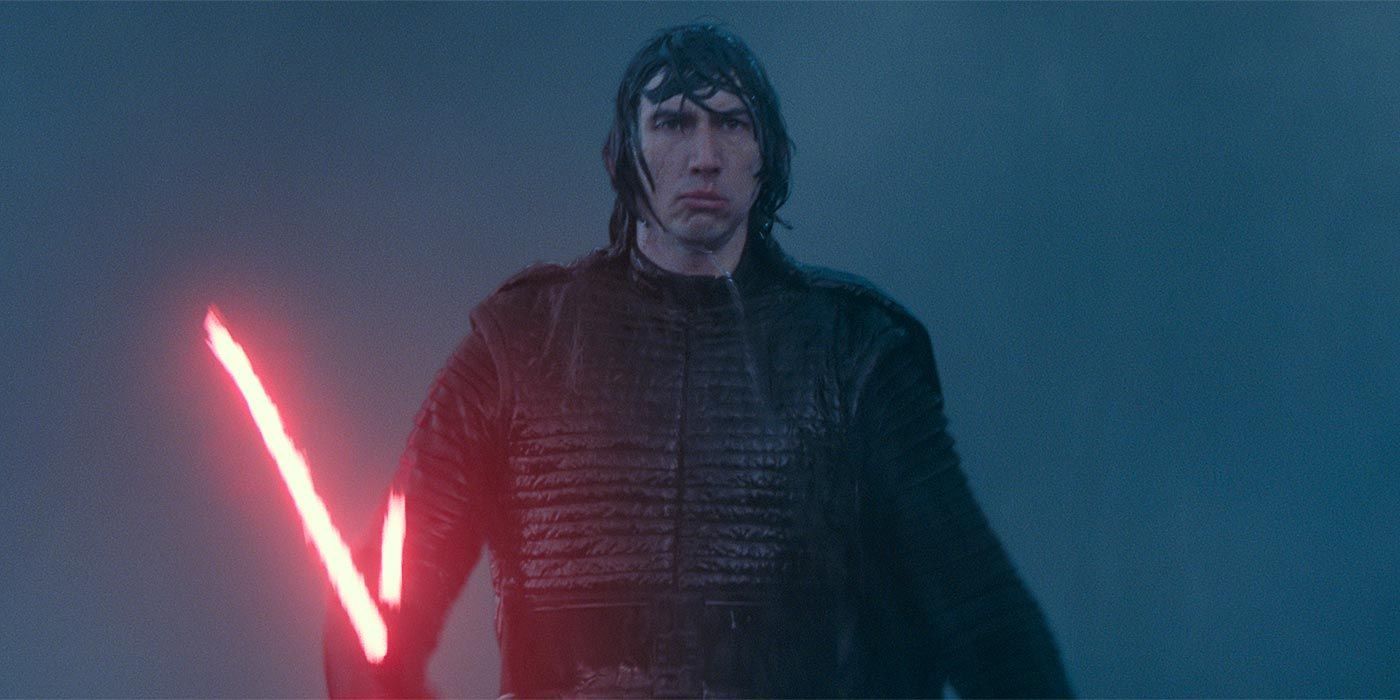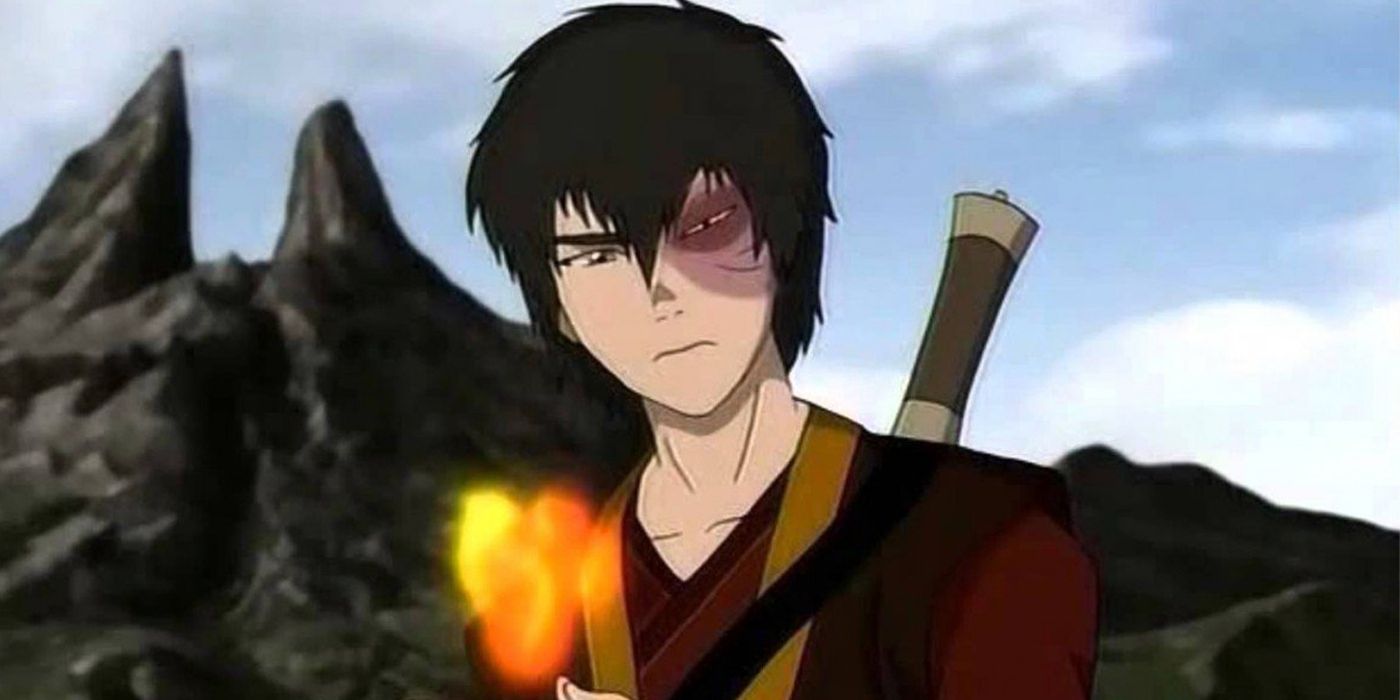Kylo Ren's (Adam Driver) arc of redemption in the Star Wars sequels didn't live up to its full potential, while Prince Zuko's on Avatar: The Last Airbender shows what it could have looked like. Avatar was recently added to Netflix, and its strong debut has demonstrated the show's staying power and continued popularity. Despite Avatar concluding its three-season story all the way back in 2008, it didn't take long for the show to rise to become Netflix's most viewed series.
To be sure, both the Star Wars sequels and Avatar have seen their share of ups and downs. 2017's Star Wars: The Last Jedi and as well as last year's Star Wars: The Rise of Skywalker both remain polarizing entries into the Star Wars canon. At the same time, Avatar was the basis of a truly catastrophic 2010 big-screen adaptation, The Last Airbender. While both brands remain undeniably strong, the Star Wars sequel trilogy has proven arguably as controversial among Star Wars fandom as the prequels once were.
While a number of aspects have factored into fans' divided reaction, Kylo Ren's journey from villain to hero has been among the most contentious points. It's certainly hard to deny that Kylo's turn from the First Order's most ruthless killing machine to Rey's (Daisy Ridley) ally at the end of The Rise of Skywalker was the most undercooked aspect of the Star Wars sequels. At the same time, Zuko's path to becoming a hero on Avatar not only follows a very similar overall template, but it also illustrates just where Kylo Ren's redemption went wrong.
Similarities Between Zuko & Kylo Ren
The striking thing about Zuko and Kylo Ren's respective paths towards redemption is how much they run parallel to one another. Both Zuko and Kylo were trained in metaphysical fighting disciplines, with each also bearing internalized scars from family conflict. In Zuko's case, his face was badly burned by his father, Firelord Ozai, in an Agni Kai, followed by his exile from the Fire Nation, while Kylo, as Ben Solo, awoke to the sight of his uncle and Jedi master Luke Skywalker (Mark Hamill) intending to slay him with a Lightsaber for fear of Kylo's internal darkness, and Kylo subsequently cut off all ties to his family.
From there, both Zuko and Kylo compromised their morality in order to regain control over their own lives. With Zuko only able to lift his exile if he captures the Avatar, this leads to his determination to get hold of Aang, while Kylo allies himself with the Dark Side of The Force and the First Order. Kylo eventually becomes convinced that wiping out all remnants of the past and starting a new Empire with Rey is the only hope for the Galaxy. Unfortunately, when it came to Kylo, his journey back to the light was hampered in a number of different ways.
Why Kylo Ren's Redemption Story Didn't Work
Much of the weakness of Kylo's redemption comes down to how much it was fast-tracked. Both Star Wars: The Force Awakens and The Last Jedi gave Kylo an unmistakable viciousness that was tempered only by his steadfast belief in the wisdom of the path he was walking. While that's still present in The Rise of Skywalker, it's cut off at the knees by his mother Leia's (Carrie Fisher) last ditch effort to reach out to him through The Force. Ironically, it's followed by the movie's strongest scene of Kylo's vision of his father Han Solo (Harrison Ford), with Kylo finally tossing his Lightsaber into the ocean and leaving the Dark Side behind. For as powerful a moment at it is in its inversion of Han's death in The Force Awakens, Leia's moment of connection with her son is the catalyst to a very quick sequence of events: from Rey impaling and then healing Kylo to the scene with Han, which brings him back in time for the climactic battle. The arc's speed ultimately illustrates the fallacy of Kylo's redemption.
For as far gone as Kylo is by this point, along with how much he's distanced himself from his family, Leia's effort to connect with him penetrates his defenses far too easily. Like Anakin Skywalker before him, Kylo is also a man with considerable blood on his hands, including his own father's. This makes his decision to finally join forces with Rey in the final battle feel very sudden when stacked up against the role he's embodied for ninety-five percent of the sequel trilogy by then. At the same time, comparing his return to the light to Zuko's shows how much more the latter was able to stick the landing.
Why Zuko's Redemption Story Was Better
Though Zuko's story had the benefit of being told with an overall greater breadth of material, it was also able to hit on several points that Kylo Ren's was not. First and foremost, Zuko was an antagonist that viewers were set up to empathize with by his cruel exile from the Fire Nation and loss of his honor, and even more so by how young he was when these events befell him. Whereas Ozai was out to conquer the world, Zuko was simply dealt a very bad hand, and capturing Aang was no more than a means to the end of his re-entry into the Fire Nation and the restoration of his honor.
Despite this, Avatar made sure to acknowledge that the young Prince of the Fire Nation still had to atone for his actions, with Zuko being rejected in his initial attempt to join forces with Team Avatar. Katara in particular was reluctant to trust him, and even once he was allowed in, Zuko had to prove that he had truly changed. Even more so, Zuko's betrayal of his Uncle Iroh at the end of the second season was his greatest failing. Zuko's reconciliation with Iroh was quite possibly the most gut-wrenchingly emotional moment ever seen on Avatar, and as with his new alliance with Aang and his friends, the show held off on it long enough for Zuko to come to fully realize the error of his ways and that the burden to make amends was on his shoulders. Zuko joining Team Avatar also came late enough into the third and final season for his redemption to have an effect, but also with enough of the show remaining for his re-alignment to properly involve him in the Fire Nation's defeat. On top of that, Zuko's reconciliation with Iroh from his earlier betrayal occurred in part two of Avatar's four-part finale, "Sozin's Comet," making the moment of their tearful reconnection feel like something that Zuko had genuinely earned.
For as closely as Zuko and Kylo Ren's stories of redemption mirror each other, Kylo's had significant gaps in the route it took to get him to become a hero once more. At the same time, Zuko's journey forced him to fully confront the reality of his own failings without outright villainizing him, and that not only made Zuko's redemption an indispensable aspect of the show, but a truly fulfilling story of a young man's quest to reclaim his honor and finally doing so in the opposite way from how he thought he had to. In the end, Avatar: The Last Airbender crafted a gripping story of Zuko's long road towards redemption, and the fact that it was such a long one shows where Kylo Ren's parallel story in the Star Wars sequels came up short.




